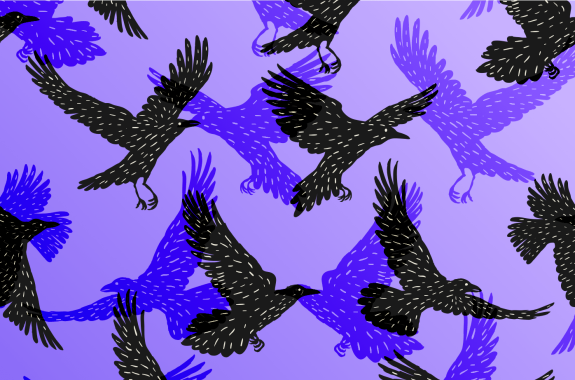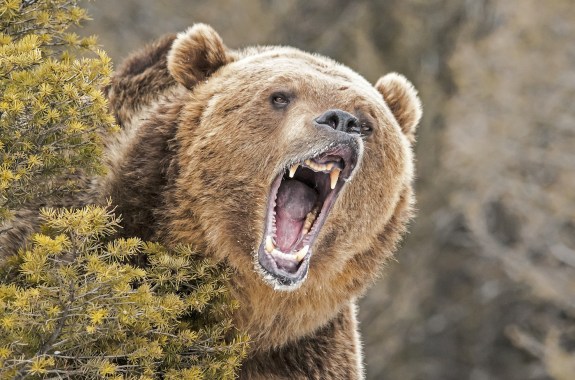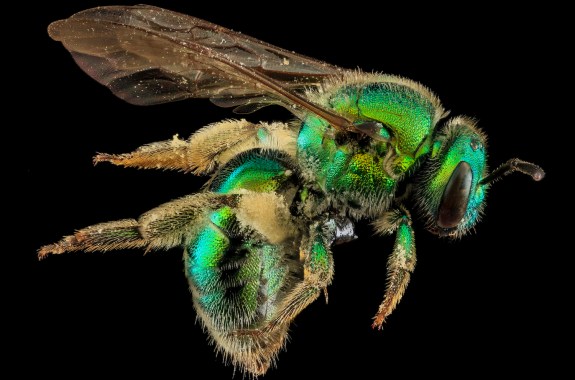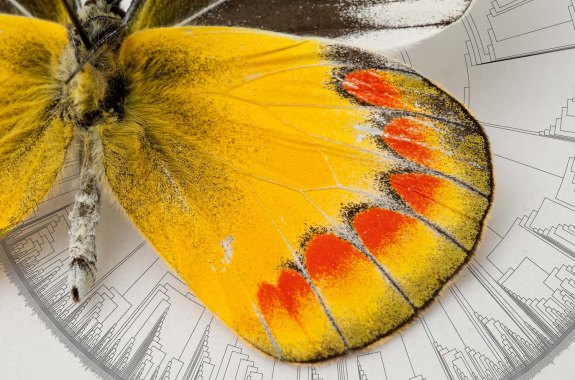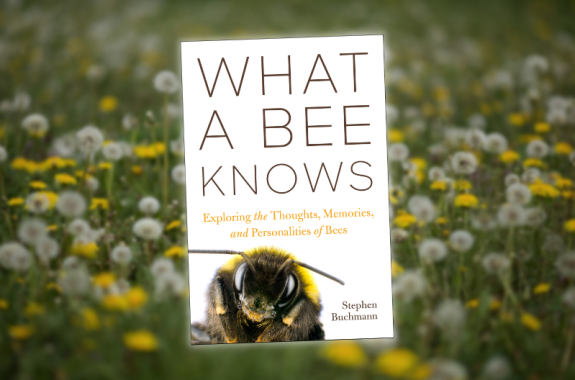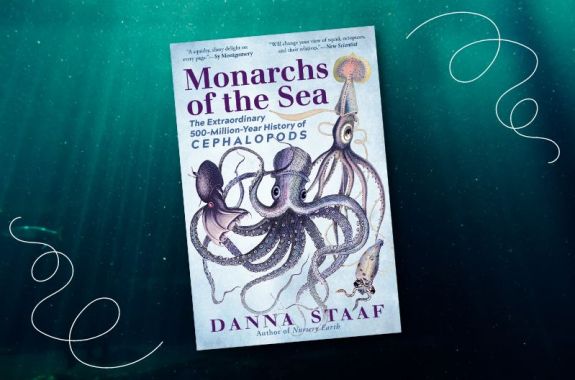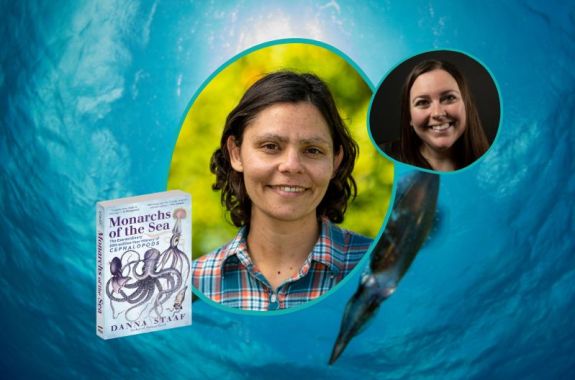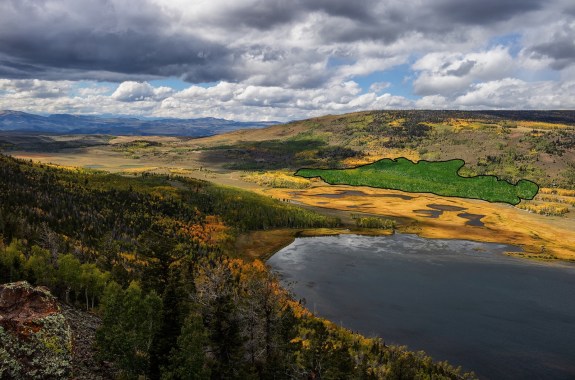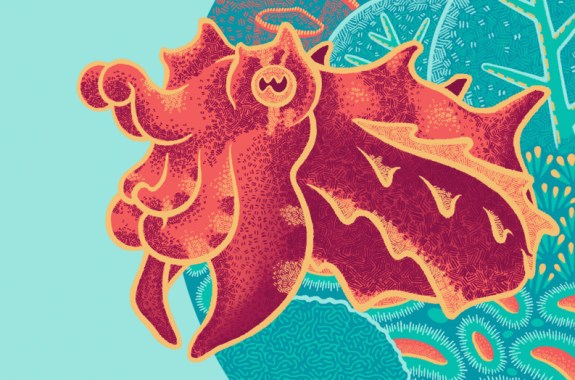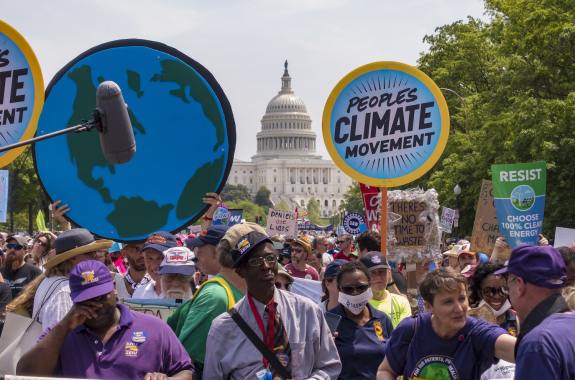16:01
What To Do When 500-1,000 Crows Roost In Your Neighborhood
When hundreds of crows took up long-term residence in a Baltimore neighborhood this past winter, one woman turned to Reddit for answers.
2:00
The World According To Sound: Feeding Time
The gnarly sound of grizzlies feasting on a bison.
17:20
Bees Have Feelings, Too
After fifty years of studying bees, pollination ecologist Stephen Buchman suggests bees have feelings.
17:09
Pinning Down The Origin Of Butterflies
A new map of butterfly heritage suggests an origin in North or Central America some 100 million years ago.
The Fascinating Case For Bees’ Feelings
Pollination ecologist Stephen Buchman makes the case that bees aren’t just smart, but sentient, too.
Diving Into The Reign Of Cephalopods
They may not be as popular as dinosaurs, but cephalopods—squid, octopuses and their ancestors—reigned supreme for 400 million years.
Squid Scientists On Deck: ‘Monarchs of the Sea’ Author Q&A
On June 21, join our event with a squid biologist and the author of ‘Monarchs of the Sea’ as they talk all things cephalopods.
17:01
The Sweet Song Of The Largest Tree On Earth
The ancient Pando tree inspired a sound artist to record the leviathan’s many movements.
Cephalopods Are Coming To A Town Near You!
This June, gather with us in Atlanta, Houston, Miami, and Thousand Oaks for another sunny Cephalopod Week celebration.
11:14
Why Climate Activists Are Turning To Drastic Measures
To express their urgency, climate activists are increasingly turning to more disruptive acts of civil disobedience.
